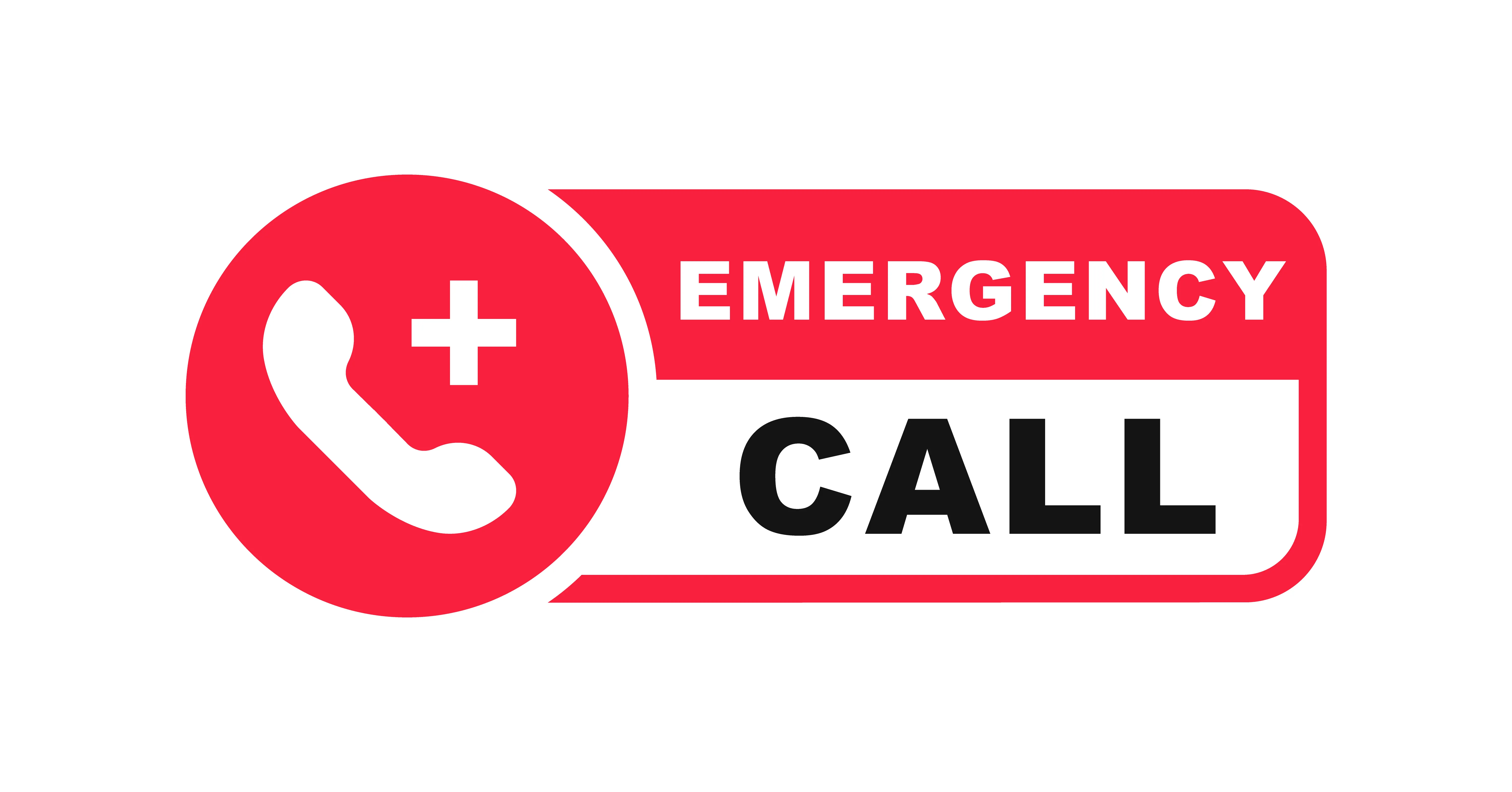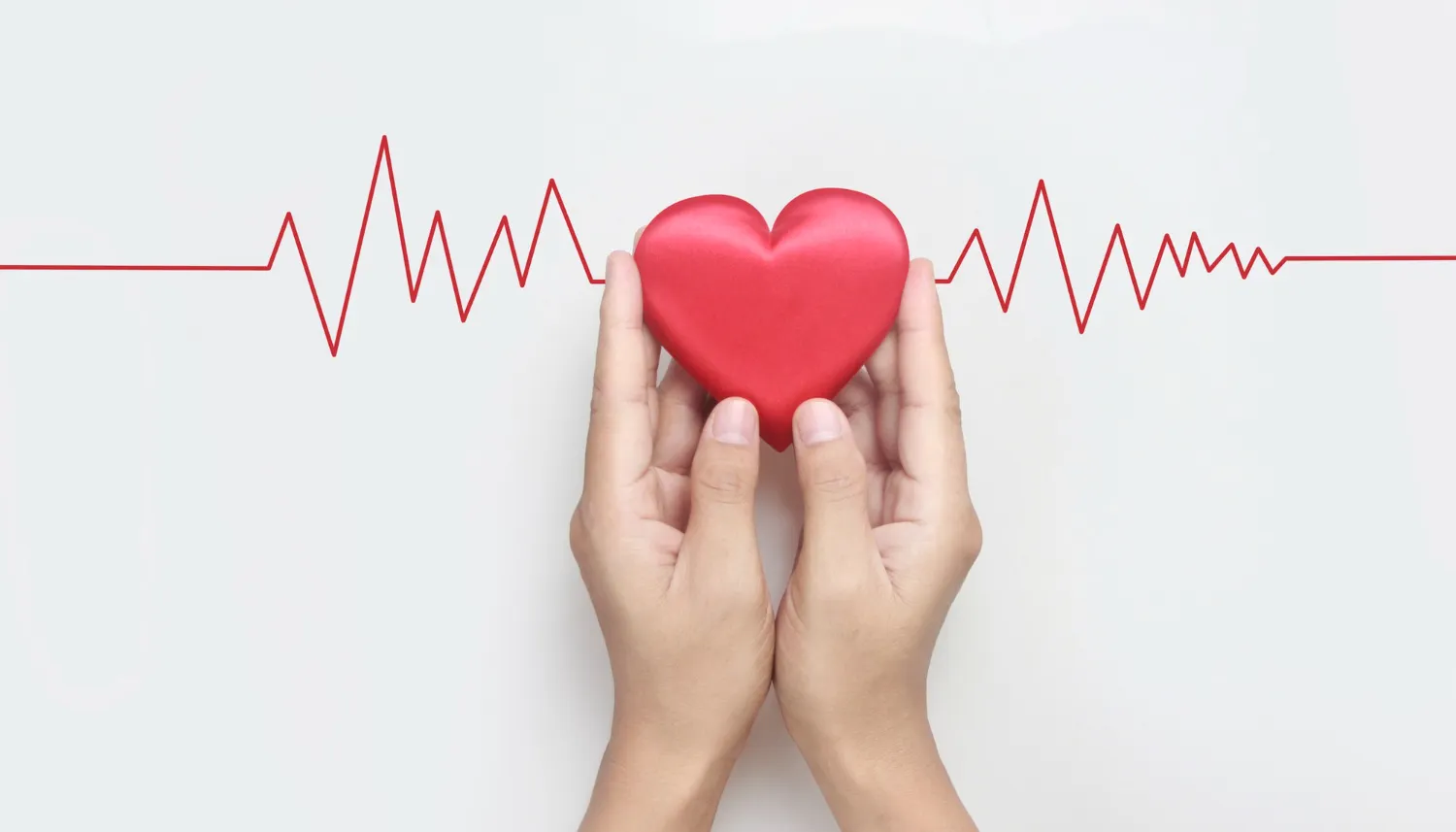Vital Signs: Menopause and Heart Health
Understanding the Connection

[Toc]
Did you know that menopause could impact more than just your hormonal balance? Is your heart prepared for the changes that come with menopause? Can you recognize the subtle female signs that your body might be sending you during a heart attack?
Discover how menopause, a natural phase of life might affect your heart health – and the essential steps to take for a healthier, happier menopausal journey. Uncover the surprising connection between estrogen, cardiovascular health, and the increased risk of heart concerns in women post-menopause. Learn the crucial differences in heart attack symptoms for women and find out what immediate actions could make all the difference in saving a life.

Menopause and Heart
As women approach menopause, a significant hormonal shift occurs within their bodies. Estrogen, a hormone that plays a crucial role in various bodily functions, including maintaining cardiovascular health, begins to decline. Estrogen has protective effects on the cardiovascular system, promoting healthy blood vessel function and assisting in the maintenance of proper cholesterol levels.
The decline in estrogen during menopause is associated with several changes that contribute to heart concerns. One primary concern is the increased risk of cardiovascular disease (CVD). Research indicates that the risk of heart disease in women rises after menopause, often catching women off guard. Only 56% of the US female adult population recognize that heart disease is their number one killer. This highlights the need to pay attention to cardiovascular health as a fundamental aspect of overall well-being during and after menopause.
Please note that the information provided in this post is for educational purposes only and should not be considered a substitute for professional medical advice. Always consult with a qualified healthcare provider for personalized guidance on your specific health situation.

Gender and Ethnic Disparities
Gender disparities
Gender disparities in cardiovascular research and healthcare have long been a concern. Historically, women have been underrepresented in clinical trials, resulting in a lack of comprehensive data on how certain treatments and interventions impact them. This gap can hinder accurate assessments of the effectiveness and safety of heart-related therapies specifically tailored for women.
Understanding the distinct physiological, hormonal, and genetic differences between men and women is crucial for developing personalized cardiovascular care. Acknowledging this disparity is an essential step towards rectifying the imbalance and advancing heart health for both genders. By advocating for increased female representation in research and clinical studies, we can gain insights that lead to more effective treatments, ensuring that women's unique cardiovascular needs are met with the attention and care they deserve.
Ethnic Disparities
It's essential to recognize that heart health isn't a one-size-fits-all journey. Different ethnic backgrounds can contribute to unique risk factors and susceptibilities when it comes to heart concerns. Factors like genetics, cultural practices, and dietary habits can influence cardiovascular health differently across various communities.
For example, South Asian women have been observed to face a higher risk of heart disease despite often having a lower body mass index. This disparity could be attributed to factors such as a higher prevalence of diabetes, a family history of heart disease, and a diet rich in unhealthy fats, underscoring the importance of addressing these specific risk factors within this ethnic group.
Addressing these ethnic disparities is not only about acknowledging diversity but also about providing tailored information that resonates with a broader audience. By shedding light on how specific backgrounds may interact with heart health, you can create a more inclusive dialogue that empowers everyone to take charge of their cardiovascular well-being. Whether you're of Asian, African, European, or any other descent, understanding these nuances can be a crucial step toward informed decision-making and proactive heart care.

Factors Contributing to Heart Concerns During Menopause
Several factors contribute to the heightened risk of heart concerns in women during and after menopause:
Age: Age is an independent risk factor for cardiovascular issues. As women age, the cumulative effect of lifestyle choices and hormonal changes can impact heart health. Regular check-ups and early intervention are essential to address potential concerns.
Family History and Genetics: A family history of cardiovascular disease can predispose women to heart concerns. Genetic factors influence how the body processes fats and cholesterol, making some individuals more susceptible to heart issues.
Lifestyle Factors: Unhealthy dietary habits, lack of physical activity, and smoking can all exacerbate heart concerns. A diet high in saturated and trans fats can lead to the accumulation of plaque in the arteries, increasing the risk of heart disease. Physical inactivity contributes to metabolic changes that strain the cardiovascular system.
Medical Conditions: Conditions such as hypertension and diabetes, can amplify heart concerns during menopause. These conditions strain the heart and blood vessels, increasing the risk of heart disease and complications.

Steps for Maintaining a Healthy Heart During Menopause
Taking proactive steps to maintain a healthy heart during menopause and after is essential. Here are some strategies to consider:
Adopting a Heart-Healthy Diet: Emphasize a diet rich in fruits, vegetables, whole grains, and lean proteins. These foods provide essential nutrients and antioxidants that support cardiovascular health. Reduce intake of saturated fats, trans fats, sodium, and added sugars, as they contribute to heart concerns. Omega-3 fatty acids, fiber, and antioxidants are examples of dietary components beneficial for heart health.
Staying Physically Active: Regular exercise is pivotal for heart health. Aim for at least 150 minutes of moderate-intensity aerobic activity or 75 minutes of vigorous-intensity aerobic activity each week, along with muscle-strengthening activities on two or more days.
Managing Stress and Mental Health: Chronic stress can impact heart health negatively. Engage in stress-reduction techniques like meditation, deep breathing, and yoga. Prioritize mental well-being, as conditions like depression and anxiety can influence heart health.
Avoiding Tobacco and Excessive Alcohol: Smoking damages blood vessels and increases the risk of heart disease. Limit alcohol consumption to moderate levels, as excessive drinking can elevate blood pressure and contribute to heart concerns.
Sleep and Social Support: Prioritize quality sleep, as poor sleep is associated with an increased risk of heart disease. Additionally, maintain strong social connections, as they contribute to reduced stress and improved heart health.
Staying Hydrated: Most adults are dehydrated. Dehydration puts a strain on the heart. Make sure you are drinking 8 glasses of water per day.
Hormone Replacement Therapy (HRT): Discuss the pros and cons of HRT with your healthcare provider. While it can alleviate menopausal symptoms, it may carry certain risks, including potential effects on heart health.

Regular Heart Health Check-ups and Screenings
Regular health check-ups and screenings are pivotal for early detection and prevention of heart concerns. Discuss the list below with your healthcare provider and note dates in your diary for checks and follow-ups.
Blood Pressure Monitoring: Regularly monitor your blood pressure, and work with your healthcare provider to manage it if it's high.
Cholesterol Check: Get your cholesterol levels checked, as elevated levels can increase the risk of heart disease. (Bear in mind the ever-changing data and evidence on good and bad cholesterol).
Blood Sugar Monitoring: If you have diabetes or prediabetes, managing blood sugar levels is crucial.
EKGs and Stress Tests: These tests can provide insights into heart health and detect any irregularities.
Medication and Supplements: Consult with a healthcare professional before starting any new medication or supplements during menopause. Some medications can have implications for heart health and should be discussed with a doctor.
Regular Follow-ups: Routine visits allow for early detection of potential heart concerns and provide an opportunity to discuss any changes in symptoms, lifestyle, or medication.

Recognizing Female Heart Attack Symptoms
Be aware of heart attack symptoms that women might experience. While chest pain is a common symptom for both genders, women can exhibit subtler signs, including:
- Pain in the neck, jaw, upper back, or abdomen.
- Shortness of breath, possibly without chest discomfort.
- Nausea or vomiting.
- Sweating, lightheadedness, or fainting.
- Unexplained fatigue.

Case Study: Marci's Wake-Up Call
Meet Marci, a 62-year-old woman who lives an active lifestyle. Every day, she cycles uphill and downhill for 30 minutes to work, embracing her commute as part of her routine. However, things took an unexpected turn recently. Over the past few days, Marci noticed an unusual sensation of dizziness upon arriving at her workplace. Attributing it to the chilly weather, she dismissed it as a passing discomfort.
One day, while in the cafeteria, Marci shared her concern with her friend, who also happened to be a trained first aider. Her friend's response was immediate and earnest: "You should have that checked out right away." Recognizing the potential gravity of the situation, Marci heeded the advice and decided to head to the local Accident and Emergency department.
At the hospital, Marci recounted her experiences to the medical staff. Swift action was taken, including an electrocardiogram (ECG) and further tests. The results were startling – Marci was on the brink of a heart attack. Thanks to her friend's prompt advice and the medical team's rapid response, the heart attack was averted, preventing substantial damage to her heart.
Marci's case underscores the importance of paying attention to seemingly minor symptoms, even if they appear to have harmless explanations. Dizziness, especially when it deviates from the norm, can be a crucial indicator of an underlying issue. Marci's experience serves as a potent reminder that our bodies communicate with us, often in subtle ways, and listening to these signals can be a lifesaving decision.

What to Do If You Suspect a Heart Attack
If you suspect a heart attack, take immediate action. Every second counts during a heart attack. Don't delay seeking medical attention out of fear or uncertainty. Even if your symptoms are not severe, it's better to be cautious and let medical professionals assess your condition.
1. Call for Emergency Help: Dial emergency services (such as 911) immediately. Time is of the essence, and getting medical assistance promptly can significantly increase your chances of survival and minimize heart damage.
2. Chew Aspirin: If you're not allergic to aspirin and have it on hand, chew a regular, uncoated aspirin as soon as you suspect a heart attack. Aspirin can help prevent blood clotting and improve blood flow to the heart.
3. Stay Calm and Rest: Avoid Exertion and find a comfortable place to sit or lie down. Resting can reduce the strain on your heart. Try to stay as calm as possible, as excessive stress can exacerbate the situation.
4. Stay Awake and Alert: If you experience symptoms like dizziness, lightheadedness, or fainting, try to stay awake and alert. If you're alone, call for help immediately.
5. Use Nitroglycerin if Prescribed: If you've been prescribed nitroglycerin for angina, take it as directed. Nitroglycerin helps relax and widen blood vessels, improving blood flow to the heart.
6. Inform Others: If you're not alone, inform those around you about your condition. They can provide assistance, call for help, and support you. Be specific in your call out, if you are in a public space name the person who you need help from i.e. Hey you in the blue shirt!
7. Do NOT Drive Yourself: It's crucial not to attempt to drive to the hospital during a heart attack. Emergency medical services are equipped to provide the necessary care en route to the hospital.
8. Perform CPR if Necessary: If the person becomes unresponsive and isn't breathing normally, initiate CPR if you're trained to do so. (Everyone on the planet should know CPR, if you need to learn or redo, take a local class today).
Be Wary of The Cough Technique
The "cough CPR" technique touted on many social media sites as easy to do, is not a standard first aid procedure. It is generally only recommended for healthcare professionals who are trained to recognize specific heart rhythms and emergencies. It involves vigorous coughing in a specific manner to try to maintain blood flow to the brain during ventricular fibrillation.
Remember, it's always better to rely on trained professionals and established emergency protocols rather than attempting unverified techniques learned from an untrusted video.

Your Heartbeat Monitor
Life is like a heartbeat monitor. There are ups and downs along the way. In the intricate tapestry of women's health, the connection between menopause and cardiovascular well-being forms a vital thread. As estrogen ebbs and flows with the transition into this new phase of life, understanding the potential impact on heart health becomes paramount.
Armed with knowledge, women can navigate this journey proactively, embracing heart-healthy habits that extend far beyond the realms of diet and exercise. Recognizing the subtleties of heart attack symptoms specific to women, and understanding immediate actions to take, can be the shield that safeguards lives.
Moreover, acknowledging gender disparities, ethnic variations, and diverse experiences ensures that the discourse around menopause and heart health is inclusive, leaving no one behind. As we unveil the layers of this intricate intersection, let us embrace the power of awareness, resilience, and informed choices, equipping women with the tools they need to journey through menopause with heart health as a steadfast companion.









